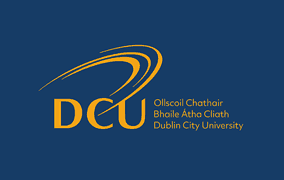Information on Covid-19 is constantly changing with different restrictions and new information on the virus. The successful sharing of this information with a multilingual, multicultural Ireland is an important issue. How was information transmitted in 2020 and how successful were the solutions found? CTTS members Professor Sharon O’Brien and Dr Patrick Cadwell address these questions and more in their report Communicating COVID-19: Translation and Trust in Ireland’s Response to the Pandemic. The report finds that the provision of Covid-19 information was at times slow, reactive and random. It stresses the need to ensure all language communities, including Irish and Irish Sign Language, are aware of and understand essential crisis messaging.
The top recommendations from the report are:
- In a crisis, state departments need a coordinated approach to the provision of translated content.
- In a crisis, state communications in all official languages of the country need to be timely and consistent with existing legislative protections and language policy.
- As a preparedness strategy, it is important to have standard operating procedures in place with multiple language service providers.
- In a crisis, it is recommended that a diverse range of communication channels (print, website, social media, traditional media) is used.
- It is important to establish strategic partnerships with relevant not-for-profit organisations in advance of crises so that communities are more likely to receive crucial information more rapidly and that they might have a higher level of trust in that information.
- Communication in crises should not be monodirectional and top-down only. Dialogue with communities, enabled through translation and interpreting, is vital to achieving effective behaviour change.
The rapid response research project was funded by the DCU Educational Trust through the DCU Covid-19 Research and Innovation Hub and was carried out by Professor O’Brien, Dr Cadwell and Alicia Zajdel between June and November 2020. The research team analysed documentary evidence of what was translated, and for whom, by the government and state bodies such as the Health Service Executive. They also interviewed various stakeholders including the commissioners, providers, and recipients of translated content, all of whom were living in Ireland during the pandemic.
Click here to view a full copy of the report. Translations of the report are also available in Irish, Arabic, Brazilian and Polish.

